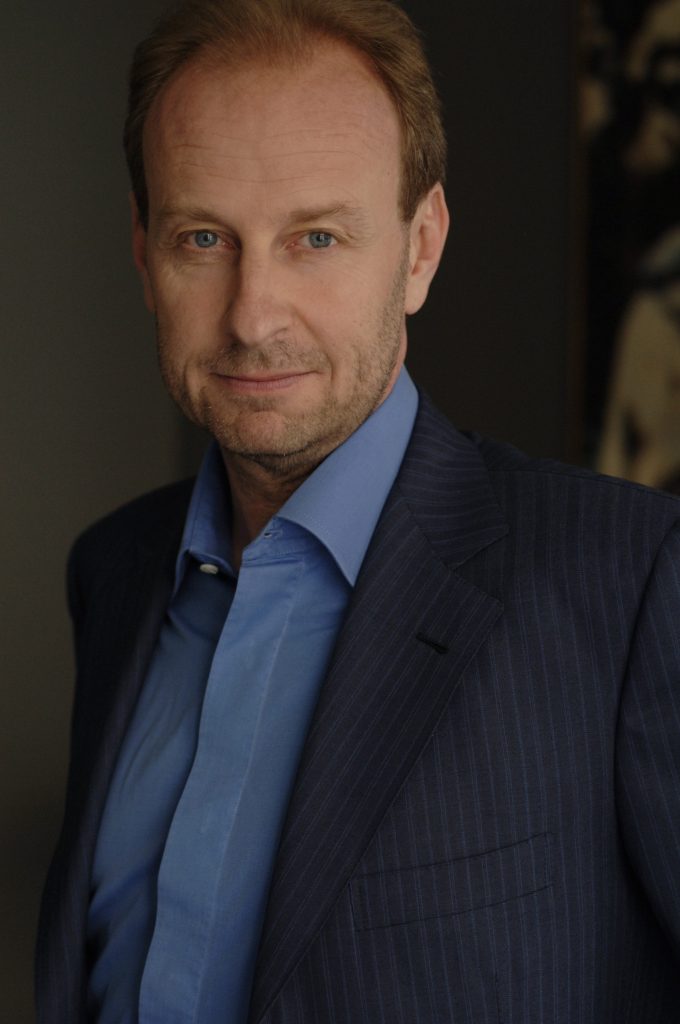Law & Politics
Swiss Authorities Are Investigating Embattled Art Dealer Yves Bouvier for Evading as Much as $360 Million in Taxes
Bouvier argues that he has lived in Singapore for the past decade and therefore is not subject to Swiss tax.

Bouvier argues that he has lived in Singapore for the past decade and therefore is not subject to Swiss tax.

Eileen Kinsella

Less than a month after Swiss dealer Yves Bouvier managed to shake off the latest legal barrage from his former client and current nemesis, Russian billionaire Dmitry Rybolovlev, he now faces potential charges of tax evasion after a Swiss criminal court opted to unseal documents related to his finances on August 3.
Rybolovlev has long alleged that Bouvier defrauded him to the tune of $1 billion on 38 art deals for which he paid roughly $2 billion over the course of more than a decade. Those same deals are the basis of the allegations of tax evasion in Switzerland.
The unsealed documents reveal calculations from Switzerland’s Federal Tax Administration that Bouvier owes as much as $360 million in unpaid taxes based on his earnings from Rybolovlev. A representative of the Federal Tax Administration told Artnet News via email that it “does not give any information regarding specific taxpayers nor does it comment on publications or court decisions.”
Notably, the Swiss federal criminal court that voted to unseal the documents does not have the authority to rule on whether Bouvier evaded taxes, but simply on whether the documents ought to be sealed. Decisions “on tax evasion regarding direct taxes are in the competence of the cantonal tax authorities and not in the hands of the Federal Penal Court,” according to the representative. The original tax investigation was authorized due to what legal documents described as “a well-founded suspicion of serious fiscal offenses.”
Attorneys for Bouvier did not immediately respond to Artnet News’s request for comment. Sources said they plan to appeal the ruling.
Since financial matters are shrouded in secrecy in Switzerland, it is often difficult to know how inquiries like the one conducted by the tax administration evolve—hence the reason for the intense scrutiny of the Monday ruling.
The tax administration initially opened an investigation into Bouvier in March 2017, having accused him of not declaring all of his income between 2007 and 2015, an allegation that also extended to two of his companies. Although these companies are offshore, the tax authorities believe that their “effective administration” took place from Switzerland and that they are therefore taxable, according to a report in Le Temps.
According to The Art Newspaper, authorities estimated that Bouvier owed $180 million in unpaid taxes at the start of the investigation. That number has now reportedly doubled.
TAN reports that the dispute centers on whether the art sales were made in Switzerland or in Singapore, where Bouvier asserts he moved in 2009 (and therefore would not be liable for paying Swiss taxes after that time). Tax authorities assert that his Singapore residence is not valid and, furthermore, that the deals were made in Geneva.
The tax administration has reportedly confiscated an unidentified property of Bouvier’s that is estimated to be worth $4.9 million in what is described as “a pledge.”
Though a judge in Monaco last month found that the investigation into Bouvier there was biased, Rybolovlev has continued pursuing legal remedies for the alleged fraud in the US, London, Paris, and Geneva.